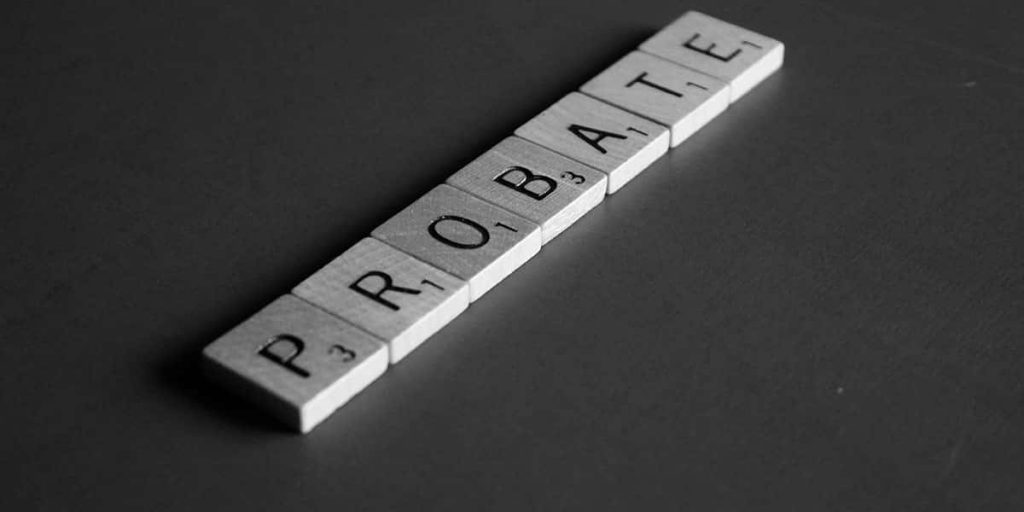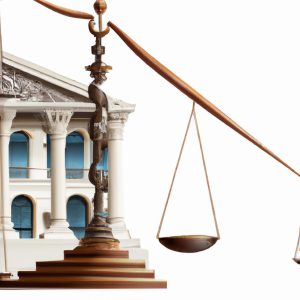Introduction
The passing of a loved one is a challenging and emotional time for any family. In addition to coping with grief, family members often face the complex legal process of probate. Probate is the legal process of validating a will, settling the estate, and distributing assets to beneficiaries. For residents of Long Island, New York, a Long Island Probate Attorney can provide invaluable assistance in navigating the probate process smoothly and efficiently. At Morgan Legal Group PLLP, we understand the importance of compassionate and expert legal support during this difficult time. In this comprehensive blog, we will explore the role of a Long Island Probate Attorney and how our firm can guide you through the probate process with professionalism and care.
Chapter 1: Understanding Probate in Long Island
1.1 What is Probate?
Probate is the legal process that takes place after an individual passes away. It involves validating the deceased person’s will, identifying assets, paying debts, and distributing assets to beneficiaries.
1.2 When is Probate Required?
Probate is generally required when a deceased person owns assets solely in their name without any designated beneficiaries or joint owners.
1.3 Probate vs. Non-Probate Assets
Understanding the difference between probate and non-probate assets can significantly impact the distribution of an estate.
Chapter 2: The Role of a Long Island Probate Attorney
2.1 Expert Legal Knowledge
A Long Island Probate Attorney possesses in-depth knowledge of New York probate laws and can guide you through the process seamlessly.
2.2 Validating the Will
An attorney plays a crucial role in ensuring the deceased person’s will is valid and executed according to their wishes.
2.3 Asset Inventory
Identifying and valuing the deceased person’s assets is an essential step in the probate process, and an attorney can assist with this task.
2.4 Debts and Taxes
A Long Island Probate Attorney can help determine and address any outstanding debts or taxes owed by the estate.
2.5 Asset Distribution
An attorney ensures that assets are distributed to beneficiaries as outlined in the will or as per state laws if there is no will.
Chapter 3: The Probate Process in Long Island
3.1 Filing the Petition
The probate process begins with the filing of a petition in the Surrogate’s Court in the county where the deceased person resided.
3.2 Appointment of Executor
The court appoints an executor to manage the estate and carry out the probate process.
3.3 Notifying Heirs and Beneficiaries
The executor must notify all heirs and beneficiaries about the probate proceedings.
3.4 Inventory and Appraisal
The executor, with the help of an attorney, compiles an inventory of the deceased person’s assets and obtains appraisals where necessary.
3.5 Paying Debts and Taxes
Outstanding debts and taxes are paid from the estate before distributing assets to beneficiaries.
3.6 Asset Distribution
Once debts and taxes are settled, the remaining assets are distributed to beneficiaries according to the will or state laws.
Chapter 4: Common Challenges in Probate
4.1 Will Contests
Disputes over the validity or interpretation of a will can lead to contentious legal battles.
4.2 Creditor Claims
Creditors may make claims against the estate, and an attorney can help protect the estate from invalid or excessive claims.
4.3 Estate Administration Issues
Mismanagement or mishandling of estate administration can lead to delays and complications in the probate process.
Chapter 5: The Morgan Legal Group PLLP Difference
5.1 Compassionate Guidance
At Morgan Legal Group PLLP, we understand the emotional toll of the probate process and provide compassionate support to our clients.
5.2 Experienced Probate Attorneys
Our team of experienced Long Island Probate Attorneys is well-versed in probate laws and offers expert guidance throughout the process.
5.3 Efficient Resolution
We strive to resolve probate matters efficiently, minimizing delays and unnecessary expenses.
5.4 Personalized Solutions
Every probate case is unique, and we tailor our approach to meet each client’s specific needs and goals.
Chapter 6: Conclusion
In conclusion, the probate process can be a complex and overwhelming experience for families dealing with losing a loved one. Engaging the services of a Long Island Probate Attorney can provide invaluable assistance in navigating the legal aspects of settling an estate. At Morgan Legal Group PLLP, our experienced probate attorneys are dedicated to providing expert guidance and support during this challenging time. If you require assistance with probate matters in Long Island, contact our firm today to schedule a consultation and receive the compassionate legal support you need.






